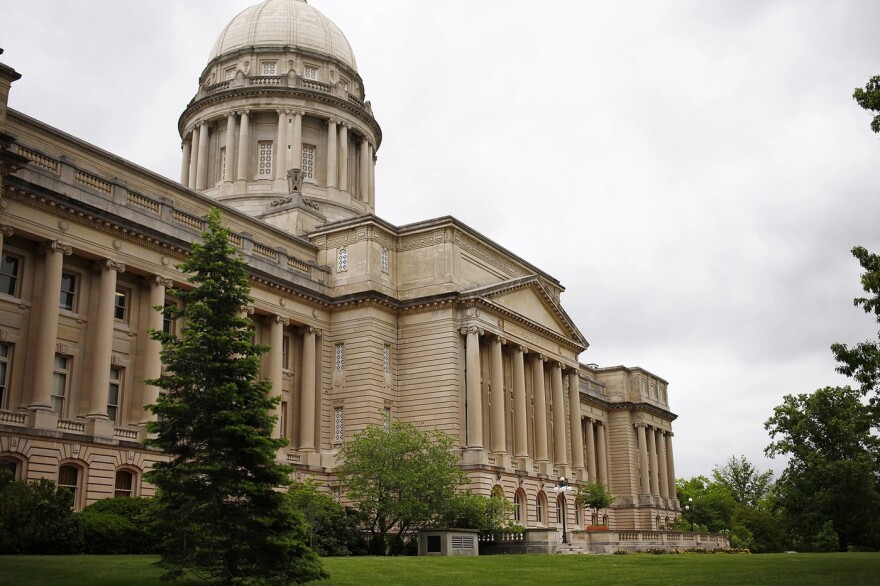Kentucky’s public record laws help keep institutions accountable — but an investigation from the Lexington Herald-Leader recently revealed regular violations from colleges and universities statewide.
The Lexington Herald-Leader reviewed 156 appeals made between 2012 and 2024, spanning decisions from both Republican and Democratic attorneys general.
They found that Kentucky’s universities fully or partially violated the law in 65% of those cases.
Local government reporter Kendal Staton, one of two reporters who oversaw the investigation, told WKU Public Radio these violations impede the public from learning how universities operate.
“These institutions are ultimately accountable to the taxpayer,” Staton said. “The average Kentuckian is paying taxes that are going to these universities, and it’s important to know how they’re using those funds and how the university chooses to operate.”
Records requests can be used to uncover investigations into alleged sexual assaults, ensure proper use of state funding and reveal closed-door interactions between public and private entities, for example.
Universities can deny record requests for reasons like protecting personal information and scientific research, among others defined in state law. If denied, the decision can be appealed with the state attorney general’s office.
Staton, alongside Herald-Leader education reporter Monica Kast, began their investigation after both were denied separate records requests from the University of Kentucky amid the university’s faculty senate restructuring last year.
Kast successfully appealed her decision after the attorney general’s office determined UK partially violated open records law.
The duo’s investigation found the state’s biggest offenders were the University of Kentucky and the University of Louisville, the commonwealth’s two largest higher education institutions.
The Herald-Leader identified 111 appeals between those universities over 12 years. UK and U of L violated the law roughly 68% of the time.
Smaller institutions weren’t exempt either. Kentucky State University had six appeals in that time and violated the law in each case. Northern Kentucky University violated the law in four of their five appeals.
Western Kentucky University violated the law in five of their nine appeals, and the Kentucky Community and Technical College System violated the law in four of eight appeals.
However, Staton is confident the problem does not lie with the law itself. She said Morehead State received only one appeal and ultimately did not violate the law.
“That’s really important to point out,” Staton said. “The law is followable. You can not break the law when being a university responding to open records requests.”
Staton spoke to various experts, from Kentucky Open Government Coalition co-founder Amye Bensenhaver to Louisville-based First Amendment attorney Michael Abate.
They also spoke to those who have appealed university denials, including two editor-in-chiefs of UK’s student newspaper, The Kentucky Kernel, and the publication’s lawyer, Tom Miller.
Staton said everyone she spoke to shared a similar sentiment when it came to these violations — universities are meant to be hubs of open conversation and transparency, especially when supported by taxpayer dollars.
“Instead, they’re doing the exact opposite,” Staton said.
Kast said universities may have too much at stake to change.
“If it starts being perceived that a certain university is unsafe or has an ongoing issue, for them, that could become an issue with getting funding and support from the legislature,” Kast said.
Staton echoed that belief, adding that universities are forced to function as a business. She said they’ll likely continue to unlawfully deny requests if there’s no dicencentive beyond legal fees.
“Until there are financial implications for violating open records law, universities are going to continue to violate the law haphazardly,” Staton said. “They are multi-million dollar institutions — they have the financial capital to waste on going to court and filing lawsuits, and they have the time to wait people out.”
The Herald-Leader’s investigation can be read in full on their website, alongside a list of attorney general decisions stretching back to 2012.


